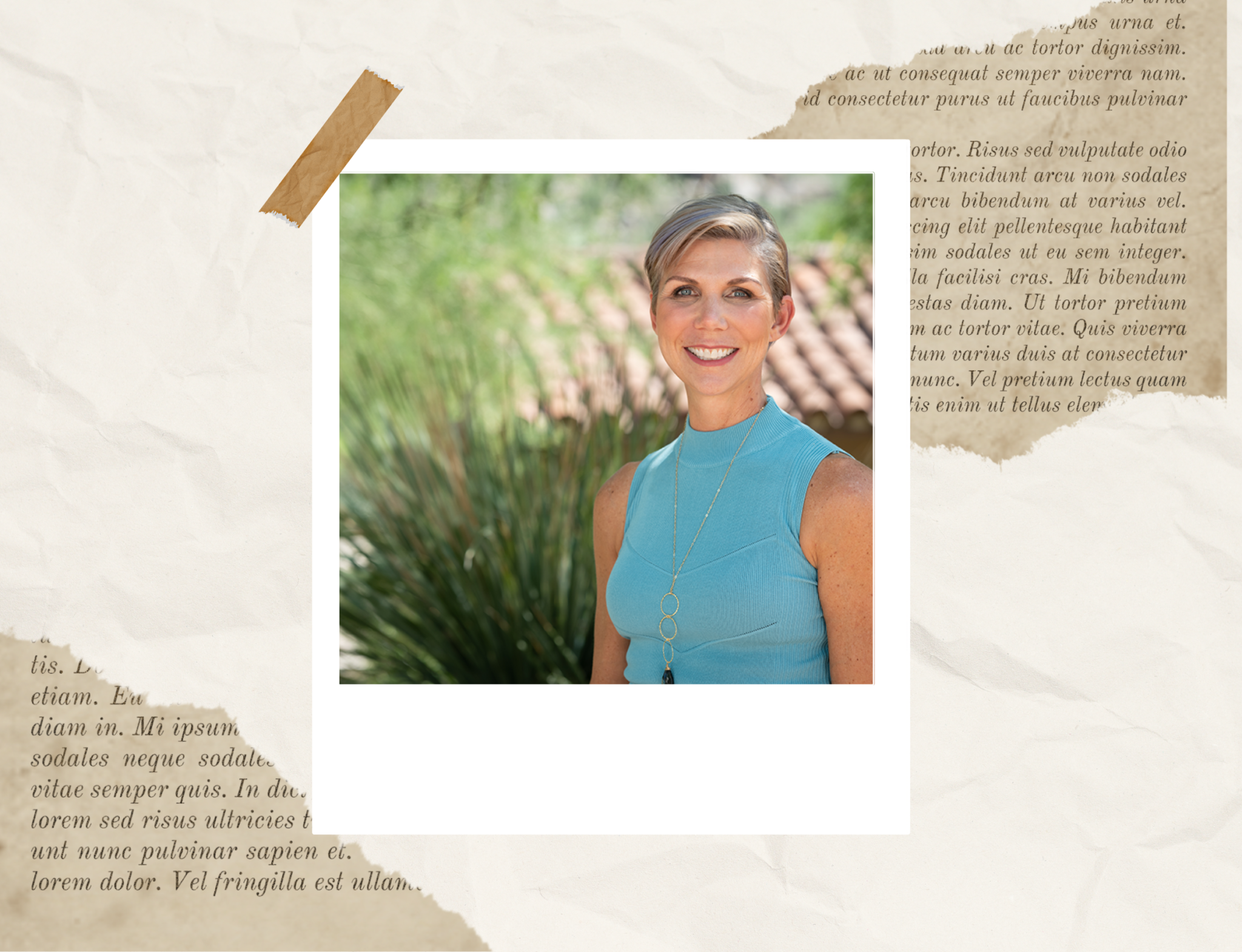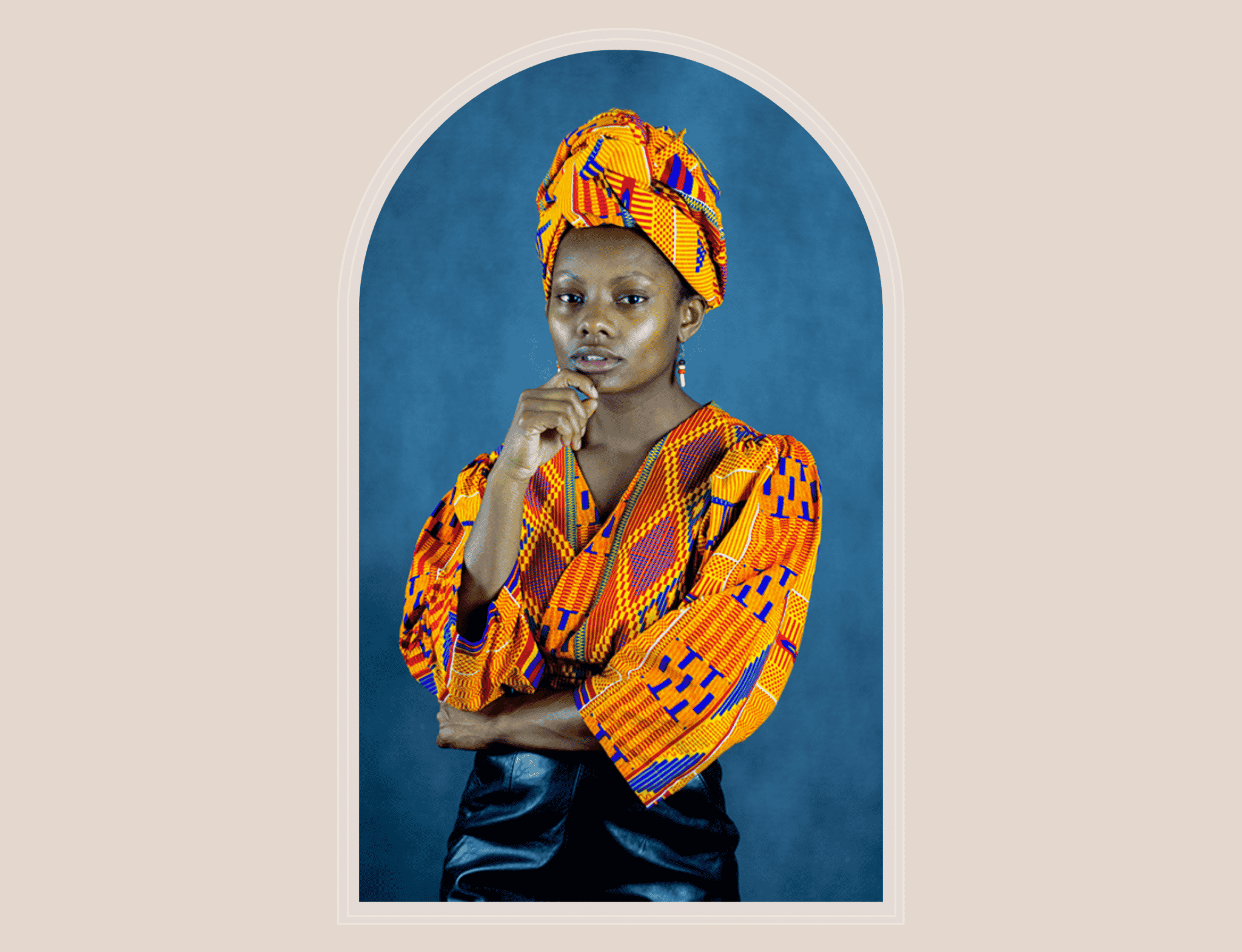Mariam Wardak, Founder of Her Afghanistan, speaks to women in our town on trust, culture, and her journey to become an influential advocate for women’s progress.
The sculpture is already complete within the marble block before I start my work. It is already there; I just have to chisel away the superfluous material.
Michelangelo
For many people Afghanistan is an enigma. A country shrouded in mystery, couched in rhetoric of terror and violence in Western media, described through a lens of war. But scratch just below the surface and there is an entirely different story. One of growth. One of the changing face of women’s progress. One of a country that despite being at war for 40 years, and having lost nearly four generations to the whims of other nations, is creating leaders with ties to tradition and a desire to propel the country forward.
Mariam Wardak is one of those leaders. A young woman committed to her father’s dream of elevating her people, with her own unique brand of patriotism and sisterhood. Mariam is part of a new generation of emerging leaders and thinkers in Afghanistan. Her story is about pushing for progress slowly. Patiently. It is about learning that change in a country doesn’t come overnight. It doesn’t come from the outside. It comes by immersing yourself in culture, traditions, and history. Its about learning to speak the language of those you want to persuade; whose minds you wish to change.
Born in Afghanistan, Mariam moved as a child to Pakistan with her family and then to the United States. Like most young expats in a foreign country, she faced the typical struggles of trying to marry her culture with that of her adopted home.
As a teenager, her parents sent her to Afghanistan to her ancestral home of Wardak. Her father, who was a Mujahedeen leader (fighters that operated during the Afghan War from 1979-1992, between Afghanistan and the Soviet Union), understood that progress in Afghanistan would come from within the country itself. His goal was to teach his daughter the traditions of her homeland—something that continues to serve Mariam in her work today.
Learning her roots
Mariam describes summers spent in Wardak, where she participated in the routines of village life – managing livestock, cooking on a tandoor (a traditional clay oven used for making naan). Early exposure to this way of life changed Mariam and her love for Afghanistan began to grow.
It was after college, when she was interning at the U.S. Embassy in Kabul as part of the Afghan Reconstruction Group, that she started to see all the work that needed to be done. Afghanistan was a new democracy, under President Hamid Karzai. After nearly 30 years of struggle following the Afghan War, the rise of the Taliban regime and fraught relations with the United States post September 11, the opportunity was ripe to rebuild, with renewed passion.
Mariam returned to Afghanistan for her brother’s wedding, and ended up spending the next decade, dedicating her life to thought, politics, research, and the progress for women.

Cultural progress at its core — lessons from her father
Mariam credits her father Seraj Wardak with teaching her to build trust with the Afghan people and the communities she served.
“My father was a very progressive thinker and ahead of his time. He taught me that everything happens slowly in Afghanistan and you need to be patient. He believed for example, that women should go to school to learn the Koran during the Taliban era. He used theological arguments to convince the Taliban and it was something that took root very slowly.
Similarly, in Wardak women didn’t show their faces—not just to men outside their homes but even within their own families. But my father put my mother and I on horseback, took us out in the public without our faces covered. Slowly, over the years he was able to change culture in our village, where now women in Wardak show their faces,” she says.
My father was a very progressive thinker and ahead of his time. He taught me that everything happens slowly in Afghanistan and you need to be patient.
Trust as the foundation for #HerAfghanistan
“I learned patience trust as tools for changing culture from my father, and I applied those lessons to my work. I was careful how I presented myself during my time in Afghanistan. The culture is sensitive and how a woman conducts herself is scrutinized. Given that I was coming from the United States and that I wanted to work in Afghanistan, I had to make sure that my behavior was beyond reproach,” Mariam explains.
Trust has been at the core of her ethos, especially in her work with women. “When I started working in orphanages or with women, I would meet women and their families. Because I had cultivated trust, the patriarchs of these families would allow their daughters to engage with me.”
During the decade Mariam spent in Afghanistan she founded a group that encouraged girls at the student union level to identify issues within their school and present solutions so that the Ministry of Education could adapt their policies. The momentum grew and soon, a hundred girls from across the country participated, leading to the group One Hundred Girls, One Hundred Solutions. This early success was proof that there was a fire in the hearts of young women and an appetite for change.
Mariam then founded Her Afghanistan, which started as a hashtag and tool to help young women use social media to persuade decision makers. “The idea was to help young women walk the thin line between assertiveness and aggressiveness. The goal was to teach them to communicate with the government and like everything in Afghanistan, it started small and it started with trust.”
The idea was to help young women walk the thin line between assertiveness and aggressiveness. The goal was to teach them to communicate with the government and like everything in Afghanistan, it started small and it started with trust.
Her Afghanistan has gone on to become a global online platform to support Afghan women in peace, security, foreign policy, and tech with Mariam at the helm and a group of formidable women as its executive directors. While she is the face of Her Afghanistan, most of the work with political leaders and at the national level is done by local girls involved with the organization.

The subtle art of political negotiation — lessons from her mother
“My mother Zakia Wardak, was a quiet woman, but my father always encouraged her to be involved in village work. After he died, she channeled her grief into solutions for people. Her work was initially at the grassroots level. She naturally progressed to meeting with village elders, working with women in the community and eventually ran for provincial council. She lost but continued to work with various organizations and civil societies.
“I don’t recognize my mother now. She is a completely different woman. This past year she took over as executive director for Her Afghanistan. She sent has sent over 20,000 girls abroad on scholarships. She worked with the First Lady of Afghanistan on a policy to help women get contracts in the private sector. She has changed perceptions of long-established organizations. From her, I have learned how to approach issues and negotiate.”
Digging deeper — lessons from her mentors
During the decade Mariam spent in Afghanistan she worked with the Ministry of Rural Development, the Ministry of Finance and even the Ministry of Foreign Affairs. Eventually she worked in the Strategic Communications Department of the National Security Council’s office under Mohammad Hanif Atmar, during his term as National Security Advisor (NSA).
“The security sector was different from anywhere I had worked before. The military influences Afghan culture unlike any other institution because we have been at war for so long. The military is hierarchical. You don’t just speak your mind and make recommendations—everything is considered and examined from every possible angle before you make decisions. It is different from working in development because people’s lives are at stake.”
I ask her to elaborate on the types projects she worked on with the NSA.
“We were working on fighting terrorism and through the work we did, I realized that terrorism took root in Afghanistan because there is a lack of understanding about what our people need. Many well-meaning international organizations work quickly to fill in the gaps for economic support. But the real issues have festered over decades and that’s what feeds youth to participate in terrorist activity. I didn’t understand the real agendas we should be tackling to help people until I started working with the NSA. The level of research that was expected on every issue was so in-depth. As an example, if we researched an increase in Taliban recruits in Nangarhar province, we examined everything—from political players, to economics, education, social structures, and even the weather. It was a holistic approach to research, and I learned a lot during my time with the office of the NSA.”

Mariam’s vision for women’s progress in Afghanistan
Our conversation starts to wind down, so I ask Mariam about her vision for women in the current political climate.
“I think there is a difference between being modern and being open-minded. We need to think about Afghanistan and women from a lens of open-mindedness. Certain things that are the norm in many countries, like women being able to dress a certain way, don’t apply here because Afghanistan is still a very traditional society. But that doesn’t mean we can’t adapt to advance the cause of women. When I was running events for Her Afghanistan, we taught women to communicate their agenda to men in their own households. This was hard for them, but it’s how they learned to negotiate effectively and advance,” she explains.
I ask Mariam about how we, as women, can show up for our Afghan counterparts.
“I think people need to understand that progress will happen organically. If not, it can derail the gains we’ve made. Yes, women are progressing but there is a lot of work to be done. Many women in parliament or in government, still only hold ceremonial roles and have no real decision-making power. We don’t have enough women theologians who study Islamic texts. How can you negotiate with religious leaders or the Taliban, without having a full grasp of religious texts? Women’s progress in South Asia can’t happen through a Western lens of advancement. We are starting from scratch in many ways to rebuild our nation. It can’t happen at the pace that anyone else expects. It needs to be right.”
Women’s progress in South Asia can’t happen through a Western lens of advancement. We are starting from scratch in many ways to rebuild our nation. It can’t happen at the pace that anyone else expects. It needs to be right.
As Afghanistan pushes for peace, it is people like Mariam that are balancing a fine line and changing the face of women’s progress. Because of her proximity to both issues facing women, and politics, she has a nuanced approach in her fight for girls. Having learned the ropes from the ground up, she has slowly, patiently, and thoughtfully carved a niche for herself as an activist and a leader.
Mariam has always known that change within a society takes shape in the same way it does in people — layer by layer. Slowly. Patiently. And she is prepared to take the time to help fulfill her father’s dream and rebuild Afghanistan.






